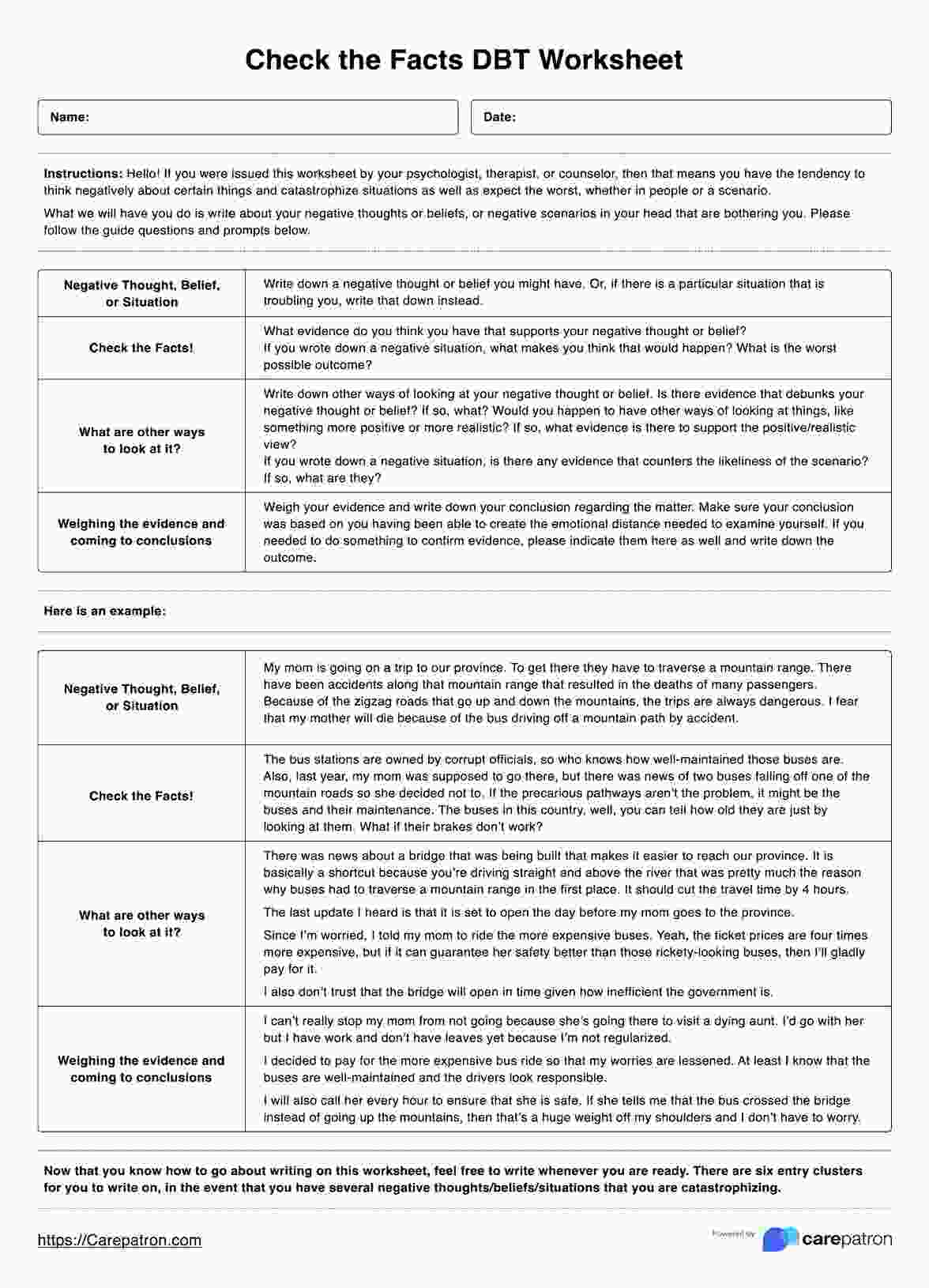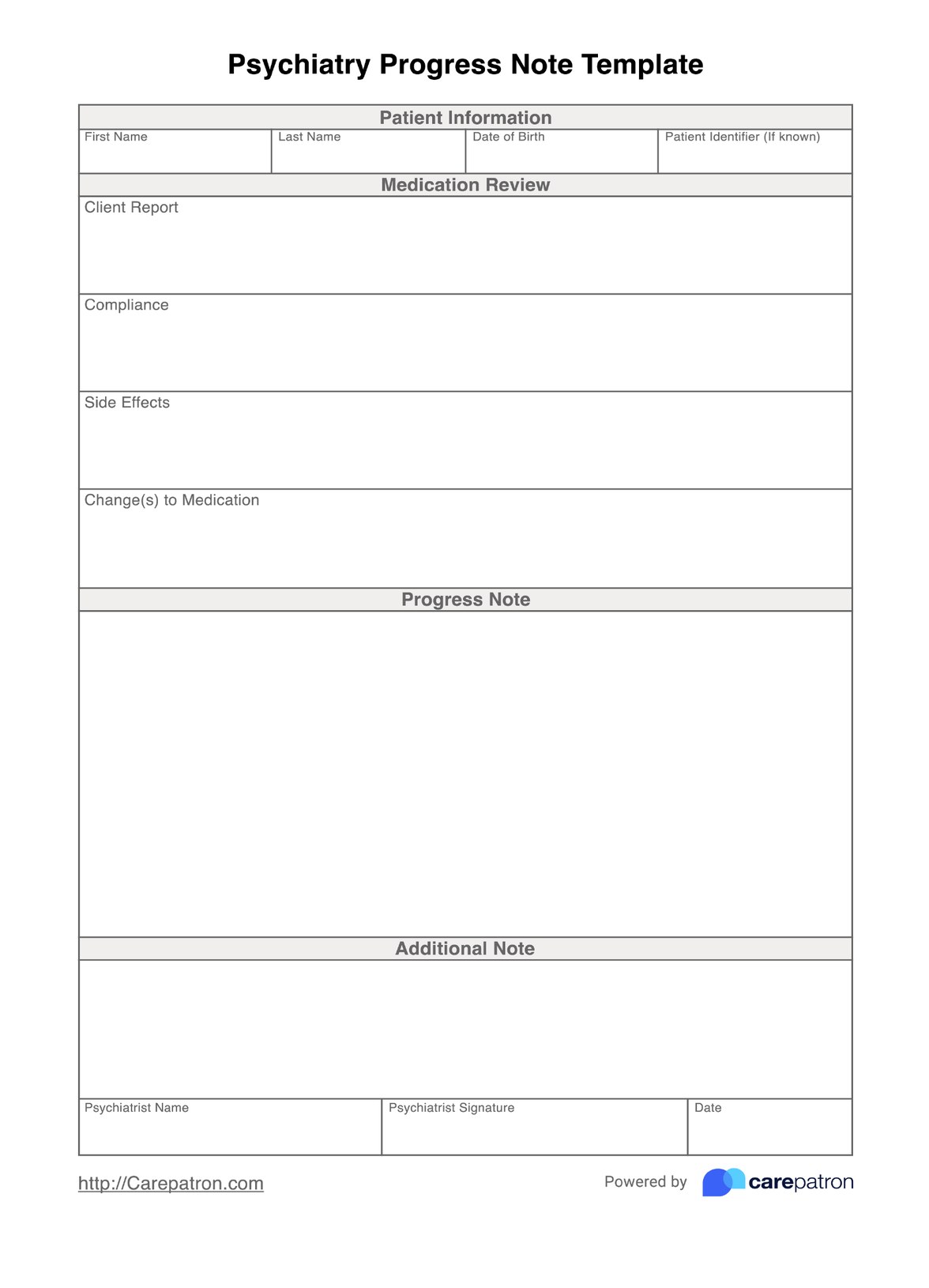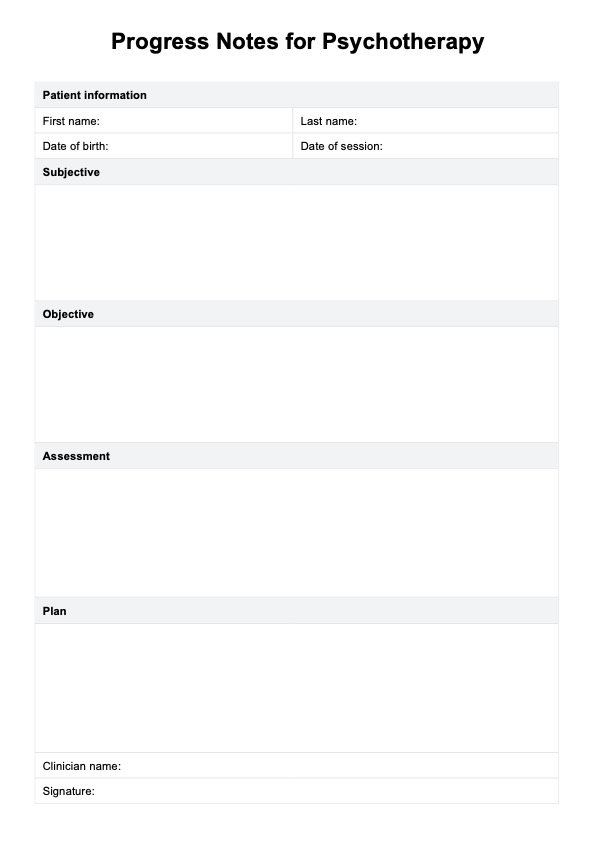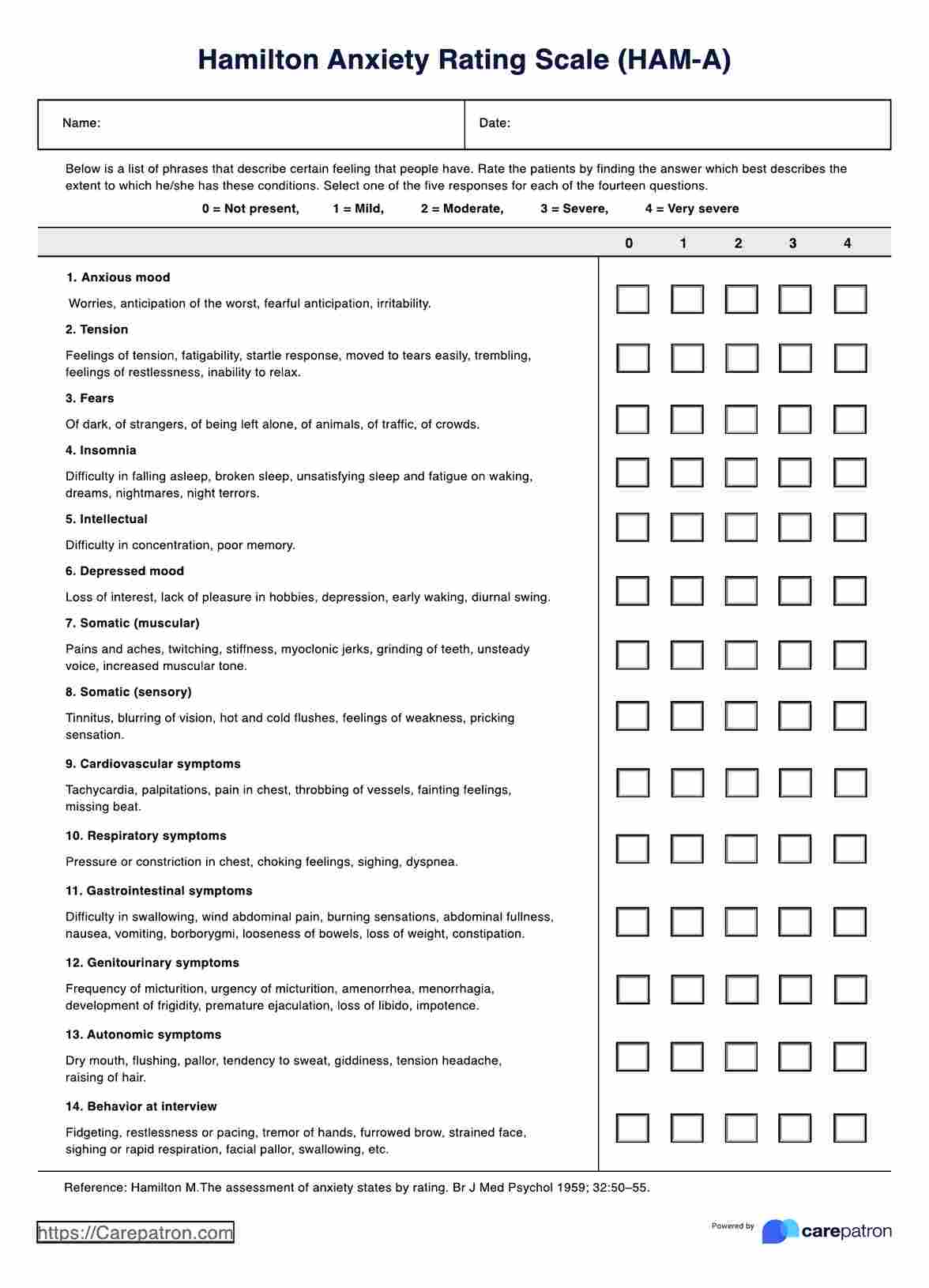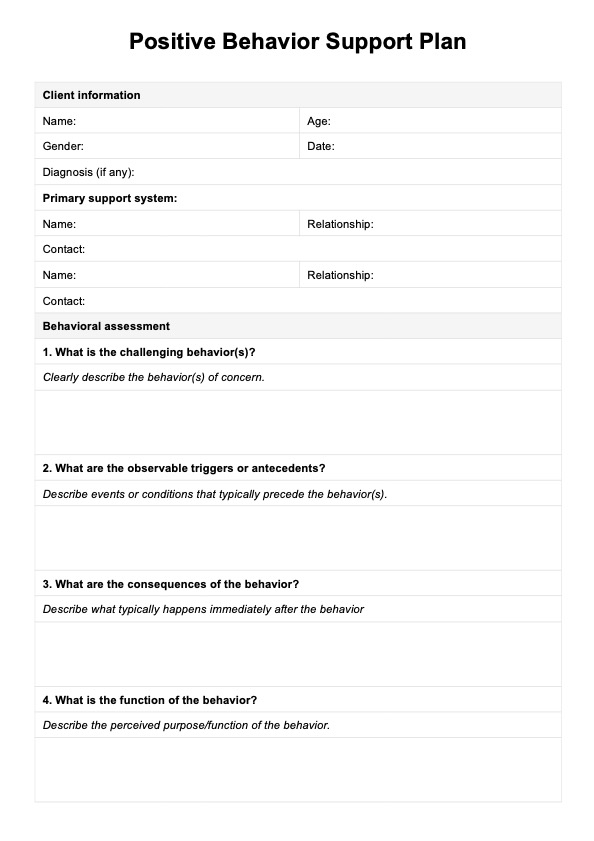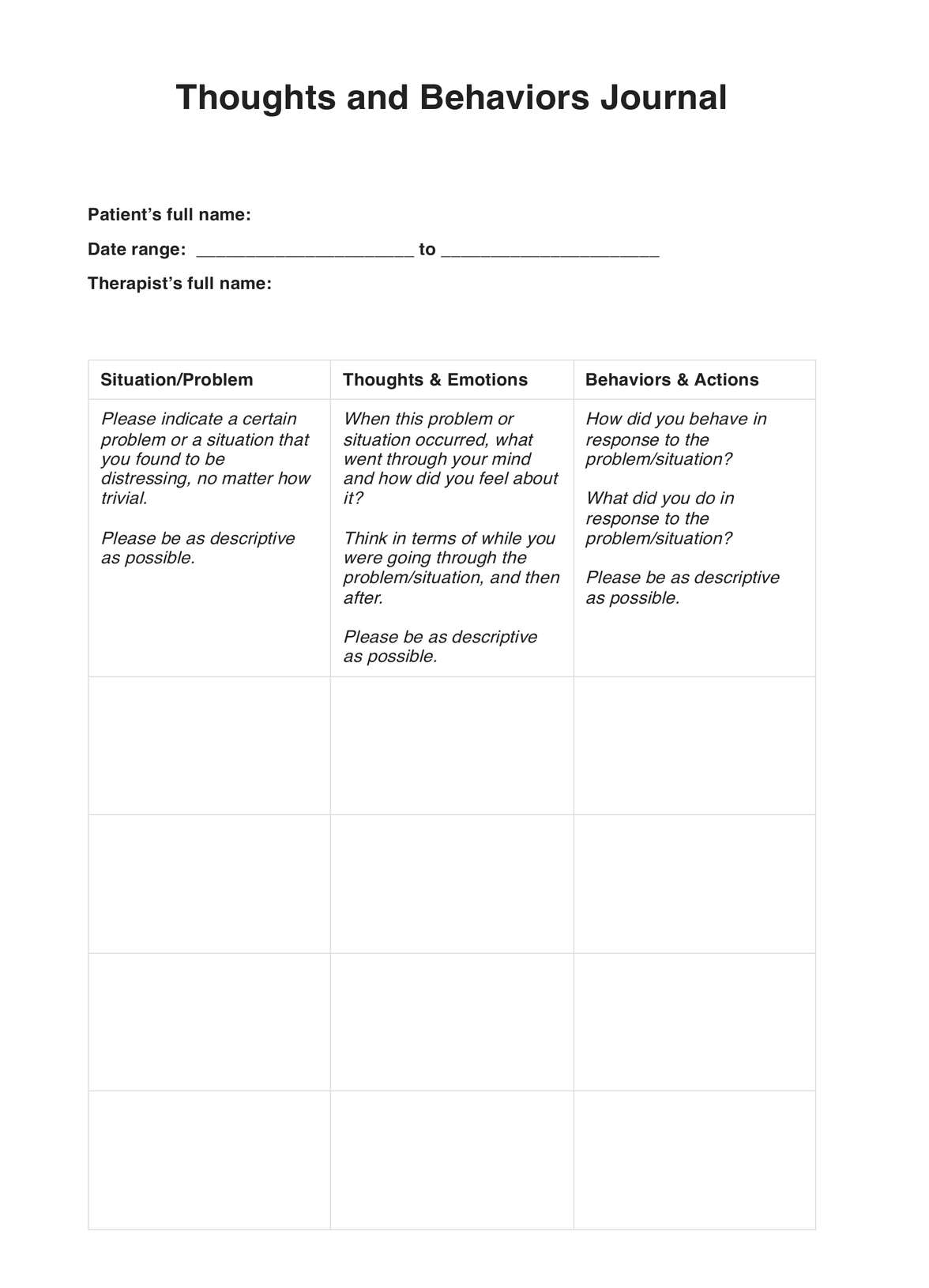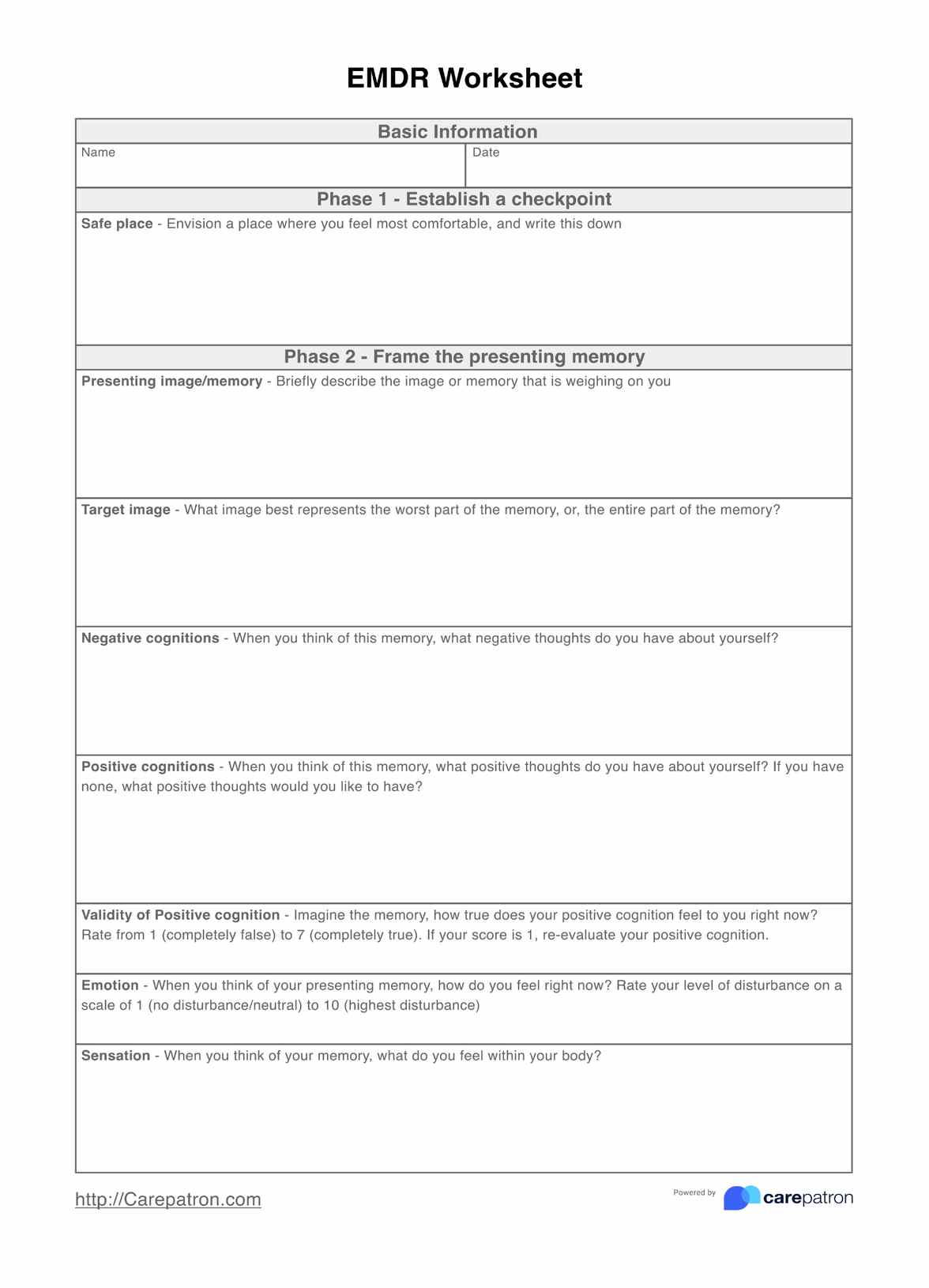Moral Inventory
A Moral Inventory is a reflective tool that helps individuals examine their values, actions, and beliefs. Download a free Moral Inventory template and example here.


What Is a Moral Inventory?
A moral inventory is a reflective and introspective process to assess one's beliefs, actions, and behaviors against a moral or ethical framework. It involves thoroughly examining one person's life, character, and relationships, intending to identify virtues, flaws, and areas for personal growth.
This inventory typically involves exploring past actions and decisions, considering their ethical implications and impact on oneself and others. It requires a willingness to confront uncomfortable truths, acknowledge mistakes, and recognize behavior patterns that might conflict with one's values or ideals.
The value of a moral inventory lies in its capacity to foster self-awareness, accountability, and personal development. By honestly evaluating one's moral compass and behavior, individuals can gain clarity about their values, strengths, and weaknesses. This self-reflection enables them to make conscious choices aligned with their principles and desired moral direction.
Conducting a moral inventory can contribute to personal growth and healing. It allows individuals to take responsibility for their actions, make amends where necessary, and set intentions for positive change. This process often leads to increased empathy, better decision-making, and healthier relationships based on trust and integrity.
Moral Inventory Template
Moral Inventory Example
The Importance of honesty
Honesty serves as the central pillar of a moral inventory. Its importance lies in creating an authentic and accurate self-assessment of oneself, enabling genuine self-reflection and growth.
Honesty allows for a truthful evaluation of one's actions, thoughts, and motivations. It involves facing uncomfortable truths and acknowledging strengths and weaknesses without evasion or distortion. Without honesty, the inventory becomes skewed, hindering the ability to recognize areas needing improvement or change.
Honesty in a moral inventory fosters accountability. By honestly assessing one's behavior and its impact on oneself and others, individuals take responsibility for their actions. This accountability forms the foundation for making amends, learning from mistakes, and setting a course for personal development.
Honesty also cultivates self-awareness. It enables individuals to delve deeper into their beliefs, values, and the reasons behind their actions. This self-awareness is crucial for understanding the root causes of certain behaviors and making conscious choices aligned with one's moral compass.
Within relationships, honesty and taking personal responsibility for moral inventory builds trust. When individuals are open and truthful about their actions and intentions, it creates an environment of transparency and reliability. This fosters healthier and more genuine connections, demonstrating a commitment to integrity and authenticity.
Honesty isn't just about assessing flaws but also acknowledging virtues and strengths. It provides a balanced perspective, allowing individuals to recognize growth areas while appreciating their positive attributes. Without honesty, a moral inventory loses effectiveness, becoming a superficial exercise that fails to yield meaningful insights. Therefore, embracing honesty as a fundamental aspect of the process is essential for genuine self-reflection, accountability, and ethical growth.
Using the Moral Inventory during your recovery process
In the context of recovery, a moral inventory is a powerful tool that supports individuals in various ways throughout the fourth step of their journey.
Self-reflection and awareness
It encourages individuals to explore their past actions and behaviors, enabling them to understand the underlying causes of their struggles, addictions, or harmful patterns. This introspection fosters self-awareness, helping individuals recognize triggers, vulnerabilities, and areas needing improvement.
Accountability and responsibility
Conducting a moral inventory emphasizes taking ownership of one's actions and consequences. This accountability is crucial in addiction recovery, as it allows individuals to acknowledge the impact of their behavior on themselves and others. It serves as a starting point for making amends and rebuilding relationships damaged by addiction or harmful behaviors.
Identifying patterns and triggers
Through a moral inventory, individuals can identify recurring patterns or triggers that contribute to addictive or destructive behaviors. Recognizing these patterns empowers them to develop coping strategies, alternative responses, and healthier ways of dealing with stressors or challenges.
Emotional healing and growth
Engaging in a moral inventory often involves addressing unresolved emotions, past traumas, or regrets. By confronting these feelings in a structured and supportive manner, individuals can start the healing process, fostering emotional growth and resilience essential for sustained recovery.
Setting goals and personal development
The inventory process helps set realistic and meaningful goals aligned with personal values and growth. It enables individuals to define a vision for themselves beyond addiction, creating a roadmap for a recovery journey and a fulfilling and purposeful life.
Support in treatment and therapy
Many therapeutic approaches, such as cognitive-behavioral therapy (CBT) or 12-step programs, incorporate moral inventories into their framework. This integration provides structured guidance and support within the addiction treatment and process, complementing other therapeutic interventions.
The moral inventory catalyzes profound personal transformation during recovery from active addiction. It facilitates introspection, accountability, healing, and cultivating a values-based life, essential in breaking free from destructive habits and maintaining a healthy, fulfilling lifestyle.
What does taking a fearless Moral Inventory mean, and when would you use one?
Taking a "fearless moral inventory" refers to conducting a thorough and honest assessment of oneself without allowing fear or reluctance to hinder the process. It involves courageously examining one's thoughts, behaviors, and past actions with an open mind and a willingness to confront uncomfortable truths.
This approach is often associated with recovery programs like Alcoholics Anonymous or other 12-step programs. It encourages individuals to delve deeply into their moral and ethical conduct, acknowledging their shortcomings, character flaws and defects, and the harm caused by their actions.
The term "fearless" implies setting aside apprehensions, excuses, or justifications that might inhibit a candid evaluation. It doesn't mean being free from fear but rather pushing through the discomfort to achieve genuine self-reflection and growth.
A searching and fearless moral inventory is beneficial when individuals seek personal development, particularly in overcoming addiction, harmful behaviors or navigating challenging life circumstances. It becomes a pivotal tool in the following scenarios:
- In recovery: It's crucial for individuals recovering from addiction to examine the behaviors and underlying causes that led to their addictive patterns. This fearless inventory helps identify triggers, understand the impact of their actions, and initiate the process of healing and change.
- Navigating personal challenges: A fearless moral inventory can provide clarity during difficult times or when facing repeated obstacles in life. It helps individuals understand their reactions, coping mechanisms, and areas where they might need to improve or seek support.
- Relationship building: In the context of repairing relationships or fostering healthier connections, conducting a fearless moral inventory assists in recognizing how one's actions might have impacted others. It's a step toward making amends and rebuilding trust.
- Professional and personal growth: This inventory method aids personal development and growth. It allows individuals to identify strengths, weaknesses, and areas for improvement in various aspects of life, whether in their careers, relationships, or self-development.
How do you write a Moral Inventory?
by using the template created by Carepatron, follow the worksheet to cover the following steps:
- Reflect on the purpose: Understand why you're conducting this inventory. Identify the areas of your life you want to assess: relationships, behaviors, values, or decision-making.
- Create categories: Divide your life into categories for examination. Common categories include relationships, family, work, personal habits, emotions, spirituality, and values.
- List specific instances: Jot down specific instances or situations within each category. Describe what happened, your role, and how it aligns (or doesn't) with your values.
- Explore emotions and motivations: Reflect on the emotions attached to these instances. Consider the motivations behind your actions—fear, anger, insecurity, or values like honesty, compassion, or integrity.
- Identify patterns: Look for recurring themes or patterns across different situations. Are there behaviors or reactions you see consistently? How have these affected you and others around you?
- Assess impact: Consider the impact of your actions on yourself and others. Acknowledge any harm caused or positive outcomes resulting from your behavior.
- Take accountability: Acknowledge your responsibility in each situation. Own up to your actions and their consequences without self-condemnation.
- Seek lessons and growth: Reflect on what you've learned from these instances. What insights can you gain? How can you grow from these experiences?
- Consider values and changes: Evaluate whether your actions align with your core values. Identify areas where you want to make changes or improvements.
- Summarize and plan: Summarize your findings. Create a plan for personal growth, setting intentions to align your actions more closely with your values.
Remember, this is a deeply personal process. You can modify these steps to suit your style and needs. Writing a moral inventory isn't about judgment but about understanding, learning, and embracing opportunities for personal growth and change.
Research and evidence
The emerging field of moral psychology within social psychology addresses the convergence of psychology and ethics. It investigates the underlying factors influencing moral judgment and behavior, holding significance both intrinsically and practically. Understanding these determinants can aid in devising educational and policy interventions that foster positive conduct and address negative behavior (Doris & Stephen, 2006).
According to Birsch (2002), morality significantly shapes an individual's personality traits. Strong convictions, ethical values, altruism, and pro-social behavior contribute to an individual's social standing. Societies cultivate relationships based on these moral values, such as justice, fairness, honesty, truthfulness, and courtesy, universally embraced regardless of cultural or religious background.
Facilitating and encouraging personal inventory and moral insight within a recovery setting is beneficial and important to shaping all aspects of an individual's life. We form our moral standing from a young age and hold these beliefs firmly throughout adulthood, often feeling uneasy or uncomfortable when asked to review and reflect on ourselves and the morality of our actions. Puka (2005) expands upon the idea that morality naturally develops alongside an individual's physical, cognitive, and social capacities. This perspective aligns with the theories of moral development presented by Piaget (1965) and Kohlberg (1971), which highlight that children progressively mature in their moral reasoning as they grow.
References
Birsch, D. (2002). Ethical insights; A brief introduction (2nd ed.). McGraw Hill.
Doris, J., & Stephen, S. (2006). Moral psychology: Empirical approaches, In Edward N. Z. The Stanford Encyclopedia of Philosophy (Summer 2006 Edition).
Kohlberg, L. (1971). From is to ought: How to commit the naturalistic fallacy and get away with it in the study of moral development. Academic Press.
Piaget, J. (1965). The moral judgment of the child. Kessinger Pub.
Puka, B. (2005). Inclusive moral education: A critique and integration of competing approaches. In Moral education and pluralism (pp. 206–233). Routledge.
Commonly asked questions
A moral inventory is crucial in personal development, allowing for deep self-reflection. It helps individuals understand their behaviors, motivations, and their alignment with personal values. Assessing past actions honestly provides insights into areas needing improvement and fosters accountability, leading to growth and better decision-making aligned with one's moral compass.
Conducting a moral inventory can be daunting. It's essential to approach it with self-compassion and openness. Break it down into manageable steps, focus on one aspect at a time, and consider seeking support from a trusted friend, mentor, or therapist. Remember, the goal isn't perfection but understanding, learning, and growth.
A moral inventory typically involves reflecting on various aspects: past actions, relationships, values, beliefs, and their alignment with behaviors. Consider situations where you might have hurt others or yourself, patterns of behavior you wish to change, and the values or principles guiding your life. It's about being thorough, honest, and reflective without judgment. Use it as an opportunity to learn and evolve rather than to criticize yourself.


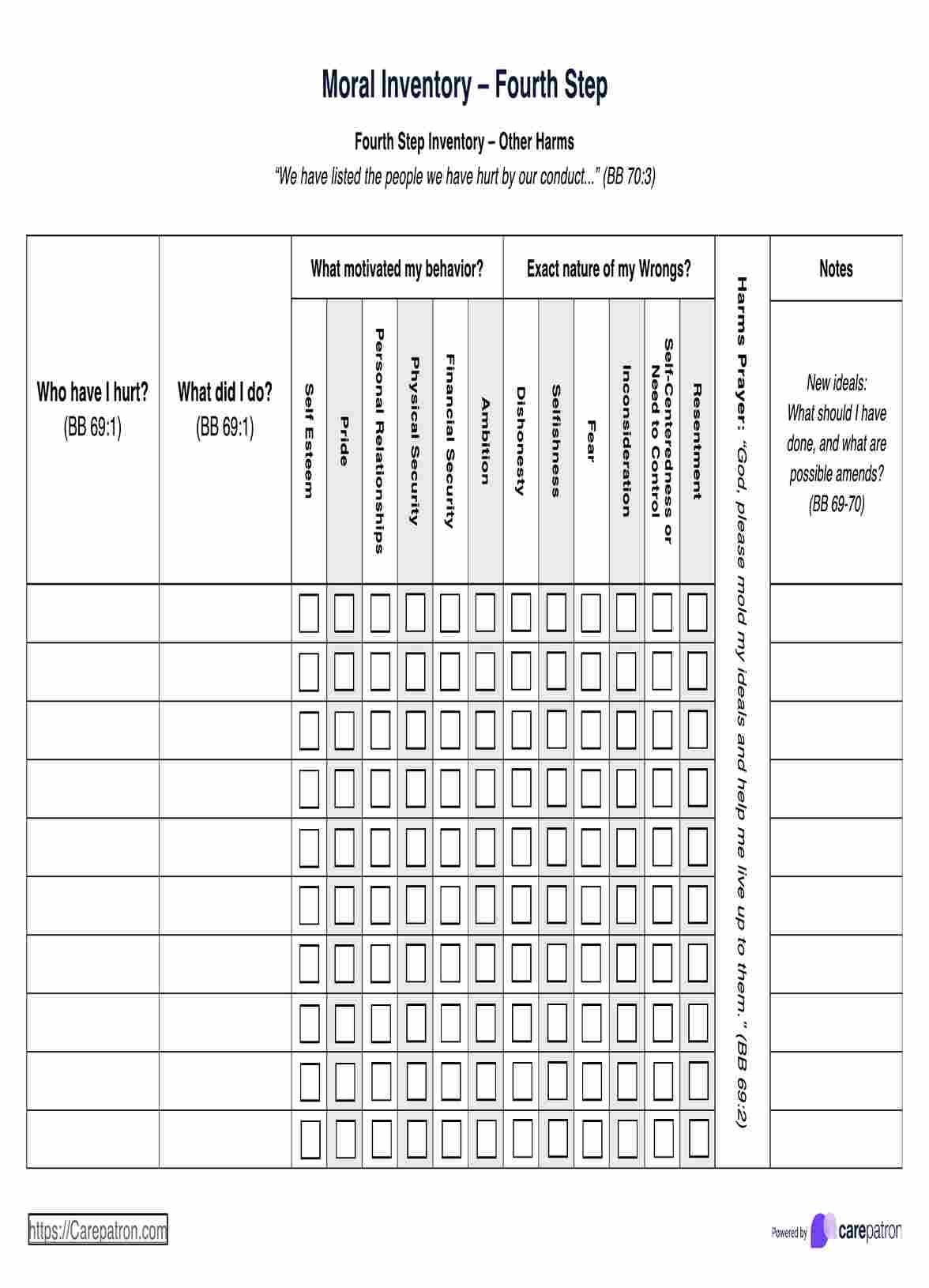
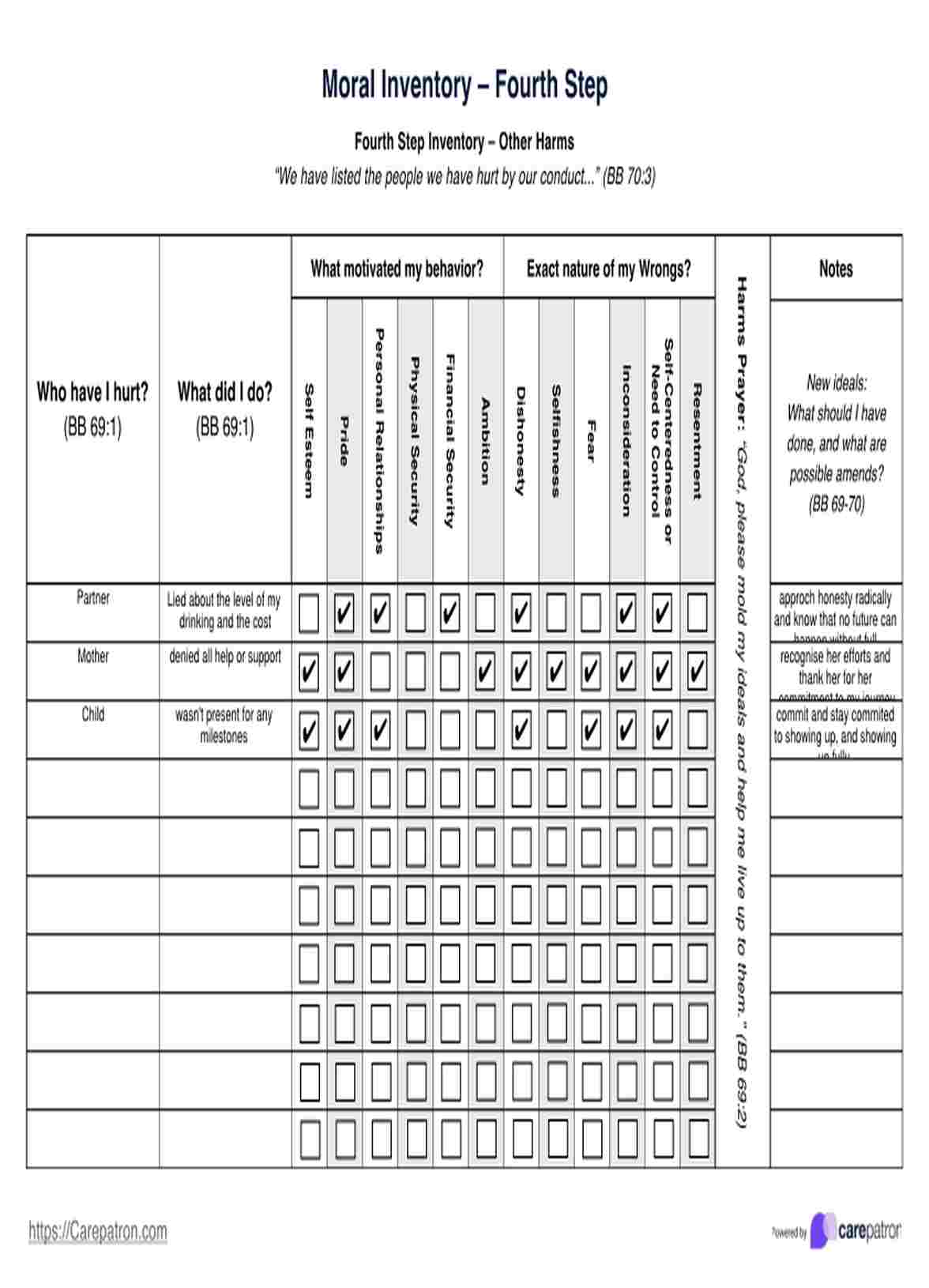

















-template.jpg)



















































































